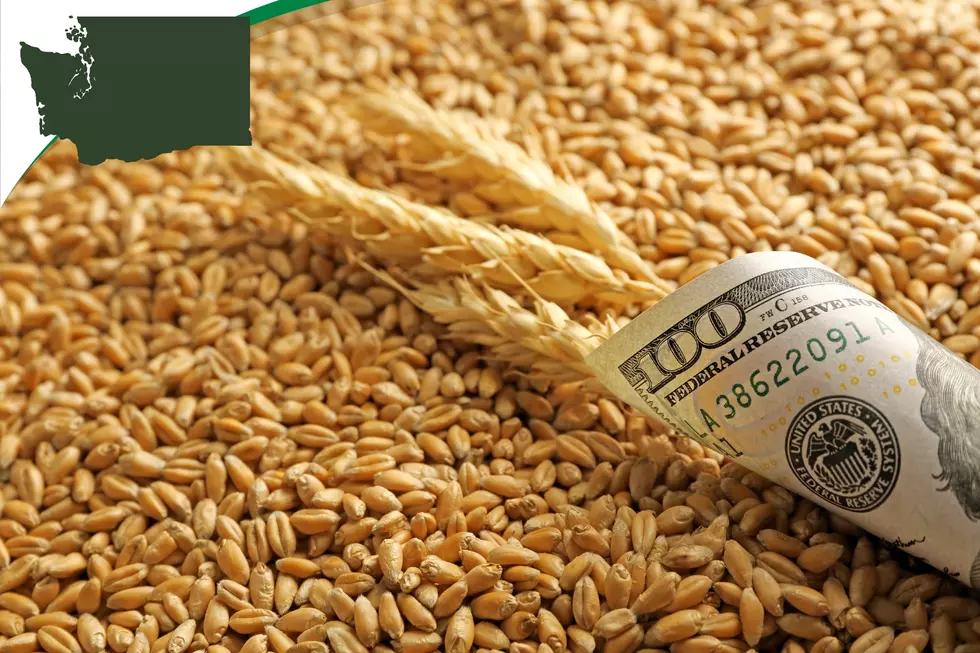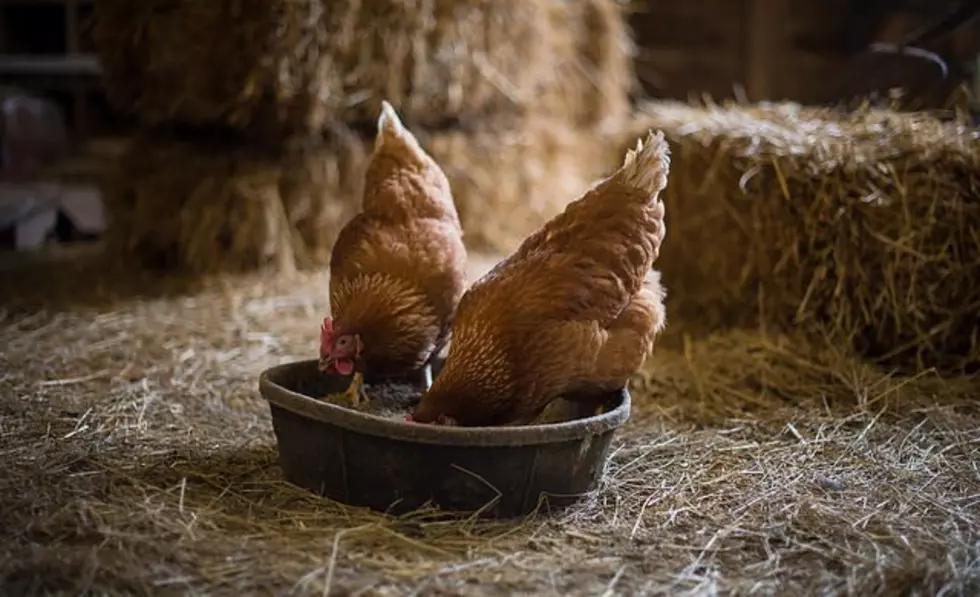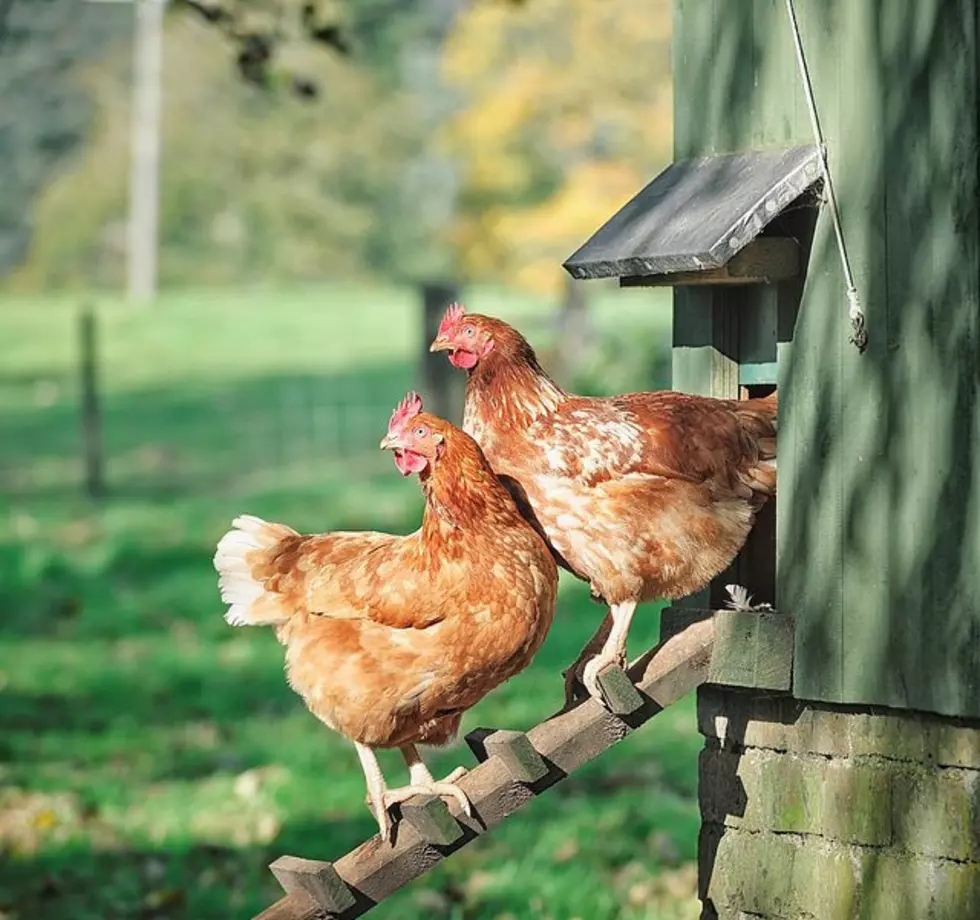
WSDA Others Preparing For Columbia Basin Disaster
Many across the Northwest forget about the region’s only active nuclear power plant, the Columbia Generation Station in the Tri-Cities. If there is a problem, and radiation leaks, what does that mean for the millions of surround acres of farmland?
In March, the Washington State Department of Agriculture, the Washington Department of Health, State Emergency Management Office ad well as the Oregon Department of Ag met for an exercise to ensure the region is prepared for the worst. The WSDA’s Sonia Soelter said they have similar exercises throughout the year, to ensure all parties are prepared. She added one of the top priorities for the WSDA, is that any contaminated crops or livestock don’t make it to market.
“We also want to deal with perception of the public and other countries because we have a large export market, that we’re taking the proper action to make sure that things, that crops that are contaminated don’t go out to market.”
Soelter said FEMA evaluates these exercises to ensure the public would be safe in the event of a disaster. She notes the WSDA has successfully improved on their response time.
“We continually, every time we have an exercise, then we get together, we talk about how we could have done it more efficiently.”
In the event of harmful levels of radiation, the WSDA recommends farmers:
- Shelter animals
- Cover Animal Food and Water Supplies
- Not transport Ag products out of the area
Click Here to learn more about WSDA’s efforts to be prepared in the event of a disaster.
If you have a story idea for the Washington Ag Network, call (509) 547-1618, or e-mail gvaagen@cherrycreekradio.com
More From PNW Ag Network









